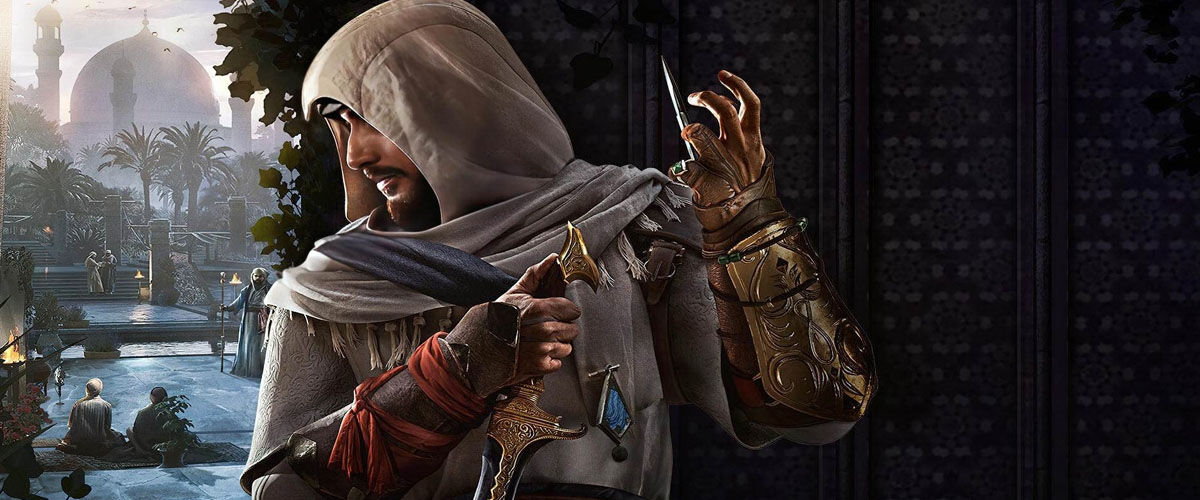This interview has been edited for clarity.
Like the Order of Assassins who work in the dark to serve the light, the Assassin’s Creed franchise has shed and donned different identities over the years. Stealth thrummed in its veins during the early days of Altaïr and Ezio, before branching out into seafaring and naval warfare in Assassin’s Creed IV: Black Flag. Staying in the shadows was still part of the formula, but the open-world setting took hold of the later titles, and embraced the spirit of exploration.
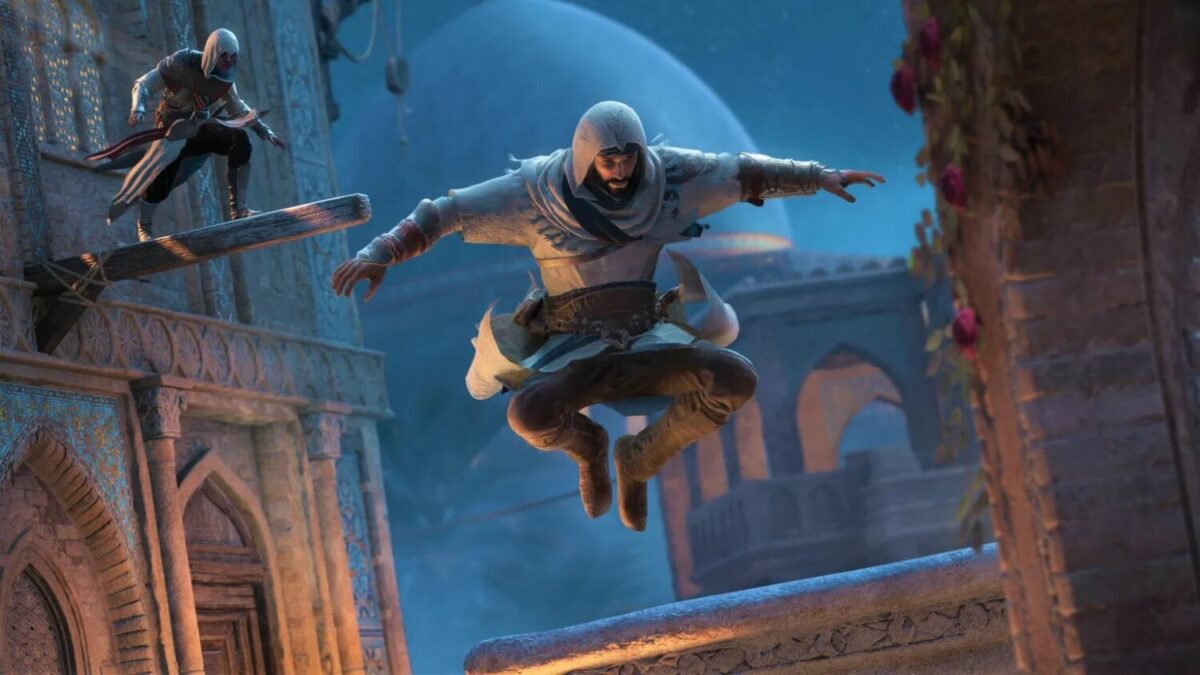
With Assassin’s Creed Mirage, Ubisoft is making a return to its roots as the 13th entry in the series pays homage to the 16-year-old franchise, building on a tried-and-tested formula to elevate the art of assassination. Set in ninth-century Baghdad during the Golden Age of Islam, it follows Basim Ibn Ishaq – whom players will recognise from 2020’s Assassin’s Creed Valhalla – as he rises through the ranks from street rat to master assassin.
The two worlds are as different as they get. Free-roaming and aggressive combat take the backseat in this upcoming adventure, with parkour, freerunning, and sneaking at the forefront of gameplay. Wanted posters appear on the city’s walls yet again, and the environments are more contained, less sprawling. Beneath the shiny, nostalgic sheen, however, the Viking-centric influence still peeks through.
“One of the key things that we’re really trying to do with Assassin’s Creed Mirage is in terms of level design and world building – it’s a massive city, [and] it’s very, very intense. I think we took a lot of learnings from all the experience with Valhalla, where there are a lot of big cities,” shared Justin Ng, who serves as the game’s producer in Ubisoft Singapore and had previously worked on its predecessor, in an interview with Geek Culture.

It goes without saying that it’s always important to do the homework. Yet, the carry-over expertise proved particularly crucial here, as the local team had to chip in for quite a fair bit of heavy lifting – and not just in the area of water technology. While the Singapore arm is best known for, quite literally, making a splash following Black Flag, lead artist Syarah Mahmood is quick to point out the studio’s other strengths.
“Ubisoft Singapore has been delivering on the worlds for a lot of the past Assassin’s Creed titles, so we’ve really built up the expertise over time,” she said in a separate interview. “In Mirage, for example, we took at least half the map; there are four districts, and we [worked on] two of the major ones.”
The first map, Karkh, was confirmed by Ng to be a made-in-Singapore special. Describing the experience as “cool”, the co-founder of Gattai Games explained how the country’s multicultural scene wormed its way into the tunnels of history. The main focus is to, in pure Assassin’s Creed fashion, always honour authenticity and be respectful of history, which typically involves consulting historical experts. Then, the creative touch-up comes in.
“We know this is the characterisation of the regions, and we want to focus on having that diversity and making sure things try to get as close as possible. We try to take those inspirations from history and put our flavour to it,” he concluded.
In particular, a cutscene that unfolds in Karkh brings out this local touch. Ninth-century Baghdad, as a thriving trade hub, teems with different cultures, ethnicities, and races, so various languages can be heard in the background whenever Basim roams around. Mandarin is one of these spoken tongues, but it takes centrestage in the cinematic sequence, with a merchant of Chinese descent speaking in fairly accurate and natural tones.
Considering how many Western works – video games, films, or otherwise – have been unsuccessful in capturing the linguistic nuance, it’s evident the studio’s exposure to and experience with a diverse societal landscape proved invaluable to development. Joining Karkh as part of the world are Harbiyah, the Round City, and Abbasiyah.
Ubisoft Singapore’s other shining gem is the Abbasiyah district, or more specifically, the House of Wisdom. Comparing it to “a giant library that kind of rivalled the Library of Alexandria in Egypt a long, long time ago”, lead quest designer Meng Yim Chee discussed the process of marrying creative licence with history.
“We took whatever we have with the cultural and historical experts, and tried to craft out what it could have been back then, which was a fun process for me. We know that it’s such a special landmark that we wanted to put something very special there, and that’s why we did the Black Box [missions],” he said, referring to the feature, first introduced in Assassin’s Creed Unity, that gives players the freedom to complete a mission as they see fit.
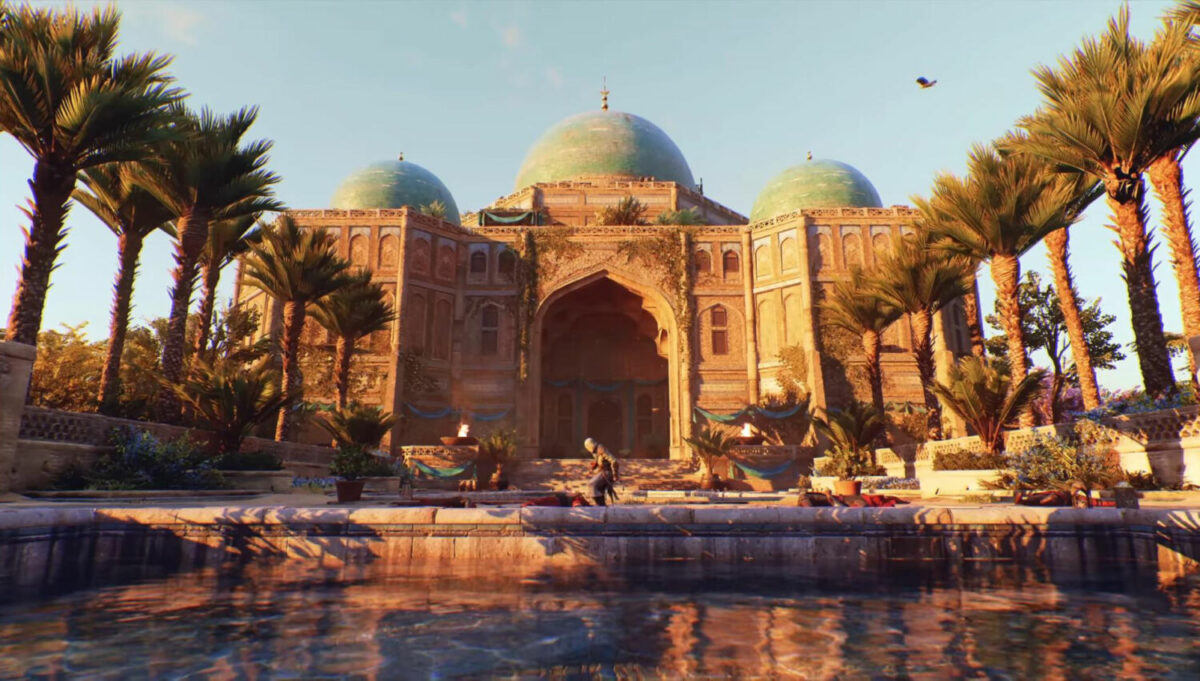
The process is more than just fun and games, however. Historically, the House of Wisdom was destroyed by the Mongols in the 13th century, so a lot of the records from that time are no longer available. With the lack of reference material, in-depth research took precedence, and the team leveraged on known details to conceptualise, craft, and cultivate a lost city within Assassin’s Creed Mirage.
Take, for instance, the design considerations for mosques in the game. According to Mahmood, they have been faithfully recreated to face the direction of Kaaba in Mecca, much like their historical real-world counterparts.
“Even within the layout of the city with that knowledge, we strive to be as accurate as possible in our placement to match this. This and everything that you place in a layout affects how you design your quests,” the artist explained.
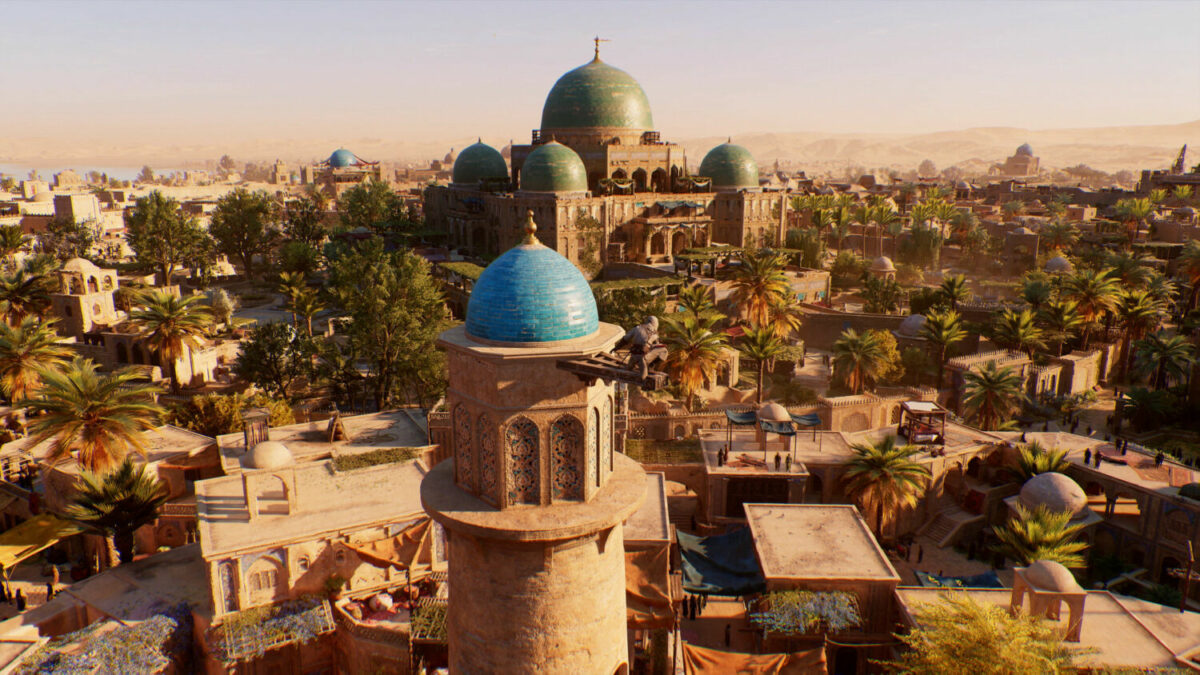
She continued, “When we did the research, the architecture – it’s amazing, like the technology and the advancements at that time. They were at the forefront [of growth], and they went on to the Silk Road, scholars came to locations, and ideas were spread. It’s also sad that all this was happening back then, and a lot of it was lost, so when we were building the game, I feel like it was our responsibility to authentically try to produce that.”
There’s beauty in this juxtaposition of the past and the present, and Ng is no stranger to the experience. For the producer, a great amount of satisfaction stems from seeing a project grow from nothing to something, and eventually, a delicately-woven tapestry bursting with charm, fun, and old-school personality.
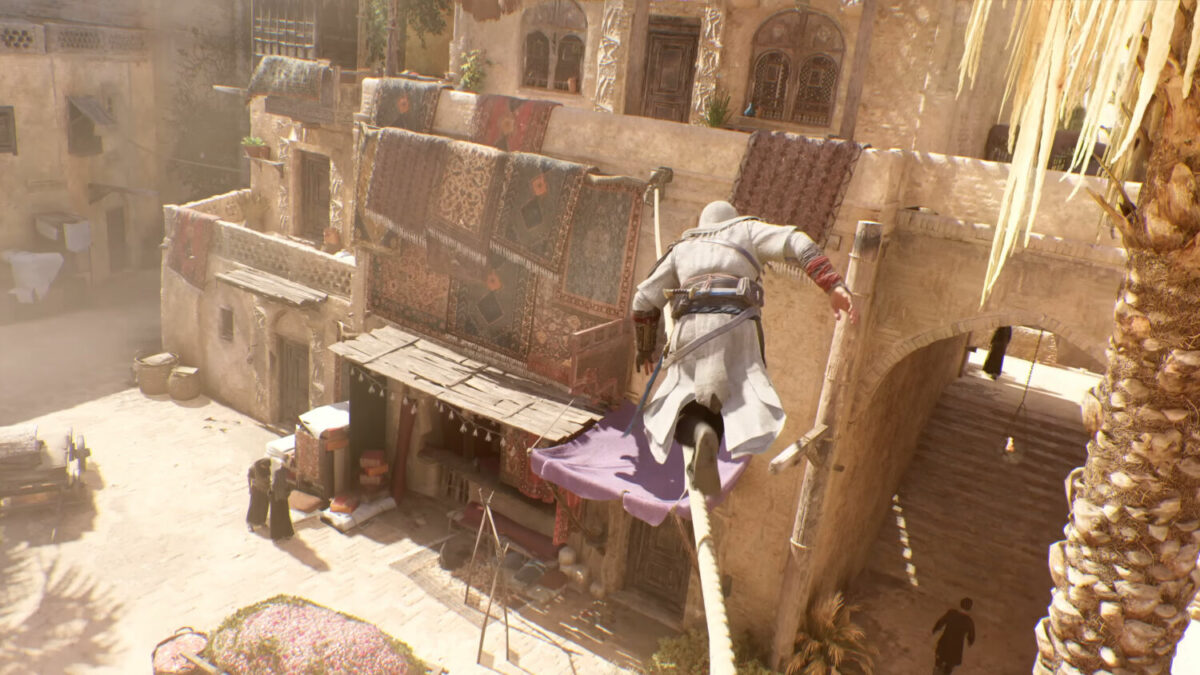
“When we first started on the project, we wanted to prove a lot of things. At the end of the whole process where you see that playable; you feel like an assassin and you get the reward of stabbing somebody, and my favourite move – the one where you throw a smoke bomb and stab two people casually? Seeing that design come together [was my moment],” he laughed.
Assassin’s Creed Mirage releases on 5 October for PS5, Xbox Series X|S, PS4, Xbox One, and PC.

